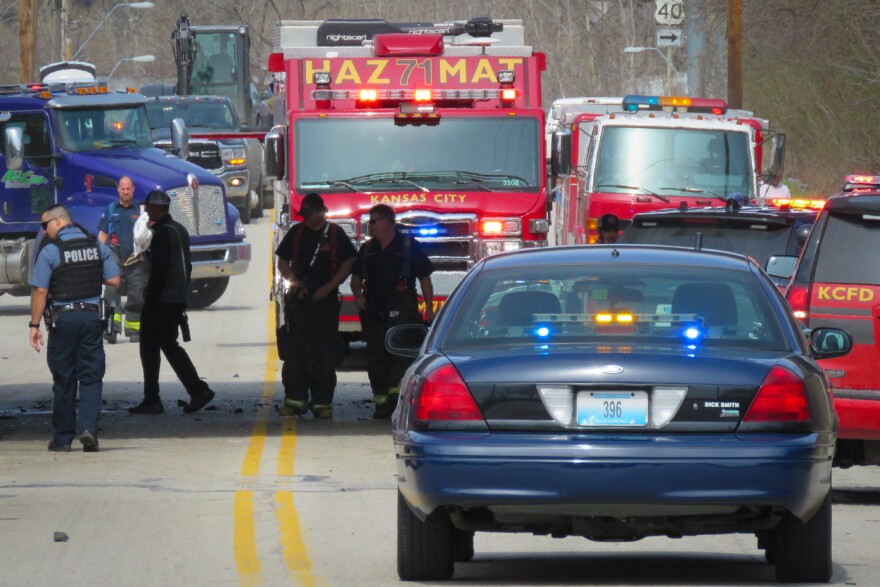You could be forgiven if you’re not aware that Kansas City has an important tax election April 6.
There is no TV ad blitz, no big debates, no flood of yard signs. And, no organized opposition to a tax that many people aren’t thrilled to pay.
Despite the low-profile campaign, city leaders say failure is not an option. It’s an election to renew Kansas City’s 1% earnings tax, which state law requires the city to put to voters every five years. Since it passed by overwhelming margins in 2011 and 2016, the assumption is it will be approved again on April 6.
But after a year of economic turmoil caused by the coronavirus pandemic, nothing is certain.
City leaders say it’s crucial that it does pass, because the earnings tax helps pay for police officers, firefighters, road maintenance and other basic services.
“It is absolutely essential,” says Councilwoman Katheryn Shields, chair of the council’s Finance Committee. “The voters in the past have recognized that, and I believe they will and certainly hope they will.”
The earnings tax is imposed on the wages of individuals who live or work in Kansas City, along with net business profits. It began as a one-half percent tax in 1963 and was increased to 1% in 1970. Finance officials estimate it will generate $269 million in the budget year beginning May 1. It’s the city’s largest single revenue source and accounts for about 45% of the general fund.
“The e-tax revenue is critical to our city’s future and will protect city jobs and our investment in basic services like pothole repair, trash pickup, and snow removal,” Mayor Quinton Lucas said in a statement to KCUR. “Just as critically, it will protect our ability to respond to emergencies by protecting the jobs of our first responders. The consequences of a failed e-tax renewal are simply too great.”

Finance Director Tammy Queen said nearly half the earnings tax comes from people living outside the city limits, so it’s a way of spreading the tax burden for city services regionally.
St. Louis also has a 1% earnings tax. Many cities, including Philadelphia; Cleveland; Detroit; and Louisville, Ky. impose a higher earnings tax. But it’s not a tax charged by Kansas City area suburbs or many smaller cities with whom Kansas City competes.
Even opponents acknowledge there aren’t readily available alternative sources of funding.
“I don’t like the earnings tax,” Councilwoman Heather Hall told her colleagues last fall. “I think this is not a good way to put a budget together for a city, so I’m not supportive of an earnings tax. However, I don’t have a better plan right now. So until I do, I’m not going to sit here and actively fight about it.”
Lobbyist Woody Cozad, who was the spokesperson for the 2016 campaign against earnings tax renewal, is not involved this year and says he’s not aware of any organized opposition.
But Cozad still opposes the earnings tax, which he believes supports a bloated bureaucracy.
“We’ve got an inefficient government, and this tax just feeds that,” he said.
He says other large cities, like Oklahoma City, don’t have an earnings tax and still manage to fund government services. He also argues the earnings tax in Kansas City is a regressive flat tax, imposing a harder burden on low-wage earners than on high-wage taxpayers.
Replacing the earnings tax would require the city to double its sales tax or more than triple its property tax, if the Missouri Legislature would even give Kansas City that authority. Otherwise it would require severe budget cuts.
More than 75% of Kansas City voters supported renewal in both 2011 and 2016. If they don’t approve it this year, the tax would phase out 10% each year for 10 years and the city would be prohibited from reinstating the earnings tax anytime in the future.
If the tax is approved, it automatically renews Jan. 1, 2022 and runs for another five years.





